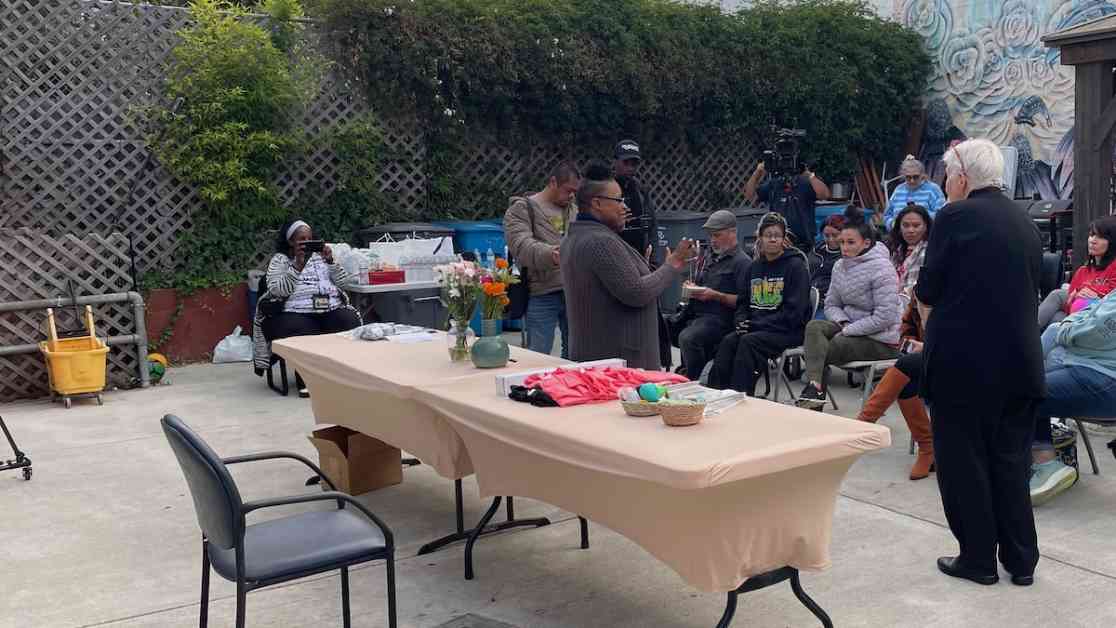Nom, a survivor of domestic violence, moved to the United States from South Africa with her daughter to live with her American husband. However, her life took a turn for the worse when her husband became abusive and abandoned them. Nom found herself homeless and even spent time in jail. Fortunately, she found refuge at Cameo House, a home for justice-involved women and their children managed by the Center on Juvenile and Criminal Justice (CJCJ).
Cameo House provided Nom with the support she needed to get her daughter back and find stable housing. Through various initiatives, California’s Medicaid program, Medi-Cal, has been undergoing significant changes to expand coverage to more individuals. For example, adults between the ages of 26 and 49 are now eligible for Medi-Cal regardless of their immigration status, as long as they meet income criteria.
The Justice-Involved Reentry Initiative and CalAIM are also part of this transformation, providing specialized healthcare services for justice-involved individuals and streamlining care for various populations with specialized needs. These changes have not only benefited individuals like Nom but also organizations like CJCJ that work to uplift communities.
Medi-Cal’s expansion has allowed residents at Cameo House to access a range of services for themselves and their children. For example, Nom and her daughter are receiving family therapy, while another resident, Spiritual, is utilizing Medi-Cal to support her autistic son. Additionally, Margaret, who is visually impaired, is receiving integrated healthcare and social services to help her transition out of Cameo House.
CJCJ’s Community Options for Youth program offers mental health support to youth and families impacted by the juvenile justice system, contributing to the destigmatization of mental health issues in justice-impacted communities. Furthermore, organizations like Asian American Community Involvement (AACI) have been able to serve more individuals, including undocumented immigrants, due to Medi-Cal’s expansion.
Undocumented individuals have historically been cautious about accessing Medi-Cal due to fears of being labeled a public charge. However, recent changes in regulations have made it clear that Medicaid does not count towards public charge considerations. AACI has been actively working to inform individuals in the community about their rights and help them enroll in Medi-Cal.
The removal of immigration status criteria for Medi-Cal has been particularly beneficial for domestic violence survivors who may have uncertain immigration statuses. Nom, for example, found solace at Cameo House and was able to access the support she needed to rebuild her life. With the help of Medi-Cal, she is pursuing therapy, education, and job opportunities to achieve independence for herself and her daughter.
Nom’s story is a testament to the transformative impact of Medi-Cal’s expansion and the support provided by organizations like CJCJ and AACI. Through these initiatives, individuals like Nom have been able to rebuild their lives, access necessary services, and work towards a brighter future.














